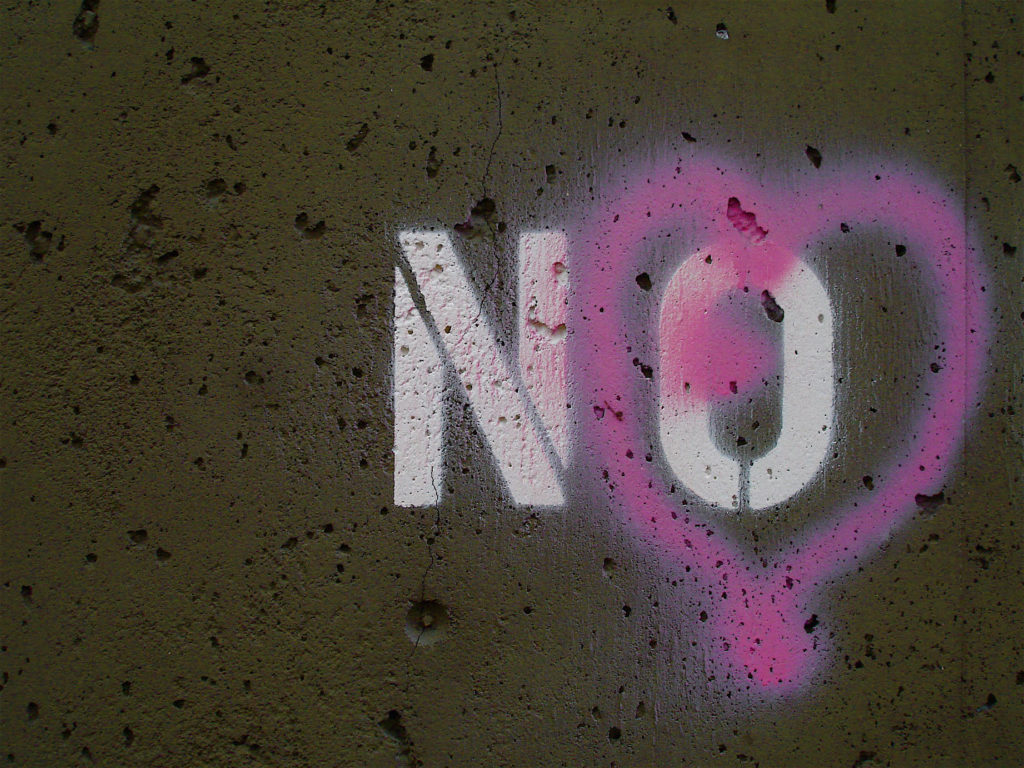When I first started writing, I had a set routine. I’d start first thing in the morning. I’d make myself a cup of coffee, clean my desk, put my noise-cancelling headphones on, read a chapter from a great book to put myself in the right mindset, close the door to create a zero-noise environment (as if the headphones weren’t enough), and begin slowly moving my fingers across the keyboard.
I treated writing like a space shuttle launch. If one of these variables was off, I’d abort the mission. I told myself I simply can’t write if the perfect conditions didn’t present themselves.
Can’t, I later realized, can be a dangerous word. To be sure, there are legitimate circumstances for using can’t. But for much of the time, and for much of the world’s population, can’t often means I don’t want to.
I can’t exercise today means I don’t feel like exercising today. I can’t read this book means I’d rather watch Netflix. I can’t rest because I have too much work means Rest isn’t a priority for me right now.
This isn’t meaningless semantics. The language we use to describe our beliefs matters. It’s a huge mental shift to go from I can’t write to I don’t want to write. Can’t stops the conversation. If you can’t do something, why bother trying?
But don’t want shifts the perspective. It forces you to be honest with yourself and prompts a deeper psychoanalysis. This shift in vocabulary made me realize that my seeming inability to write didn’t result from the absence of the perfect cup of coffee. Rather, it was the product of deeper issues with perfectionism.
My epiphany came when I read Paul Kalanithi’s When Breath Becomes Air. Kalanithi was a 36-year-old neurosurgeon diagnosed with Stage IV lung cancer when he was about to finish his grueling decade-long residency. It’s a heartbreaking, yet surprisingly inspiring, story of how a doctor treating the dying became a patient facing his own mortality. I was struck by this passage penned by Kalanithi’s wife that described his writing process for the book:
“During the last year of his life, Paul wrote relentlessly, fueled by purpose, motivated by a ticking clock. He started with midnight bursts when he was still a neurosurgery chief resident, softly tapping away on his laptop as he lay next to me in bed; later he spent afternoons in his recliner, drafted paragraphs in the oncologist’s waiting room, took phone calls from his editor while chemotherapy dripped into his veins, carried his silver laptop everywhere he went. When his fingertips developed painful fissures because of his chemotherapy, we found seamless, silver-lined gloves that allowed use of a trackpad and keyboard.”
If Kalanithi didn’t use the word can’t when it came to his writing, I had absolutely no business using it for mine.
Now, I write from cramped airplane seats. I write on the Google Docs app on my phone, and I write with a pencil and a notepad. I write when it’s noisy, and I write when it’s quiet. For me, with enough conditioning, I can’t write if . . . became I can write even if…
The next time you’re tempted to say you can’t do something, replace it with I don’t want to or It’s not a priority for me. With this shift in language, if it’s something truly worth doing, you’ll make the time for it.




